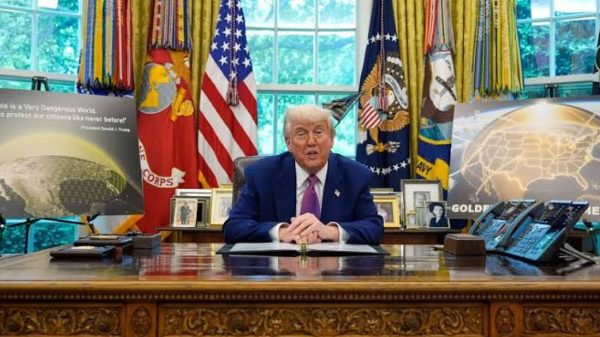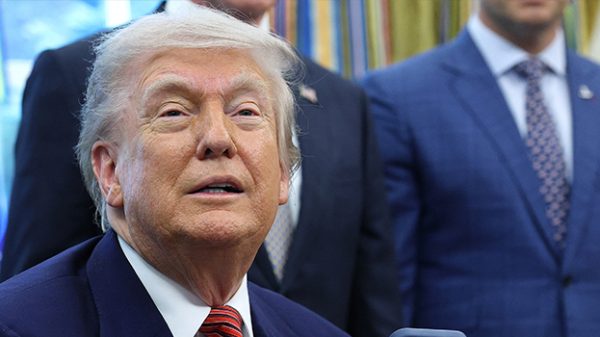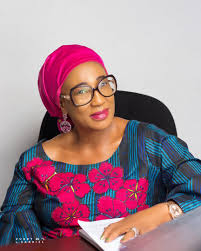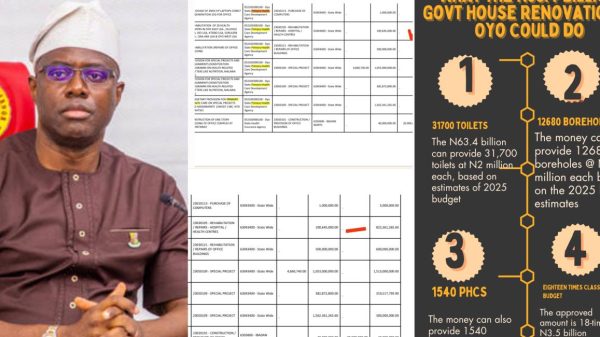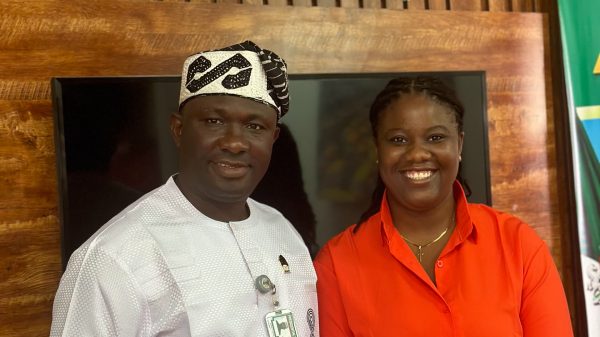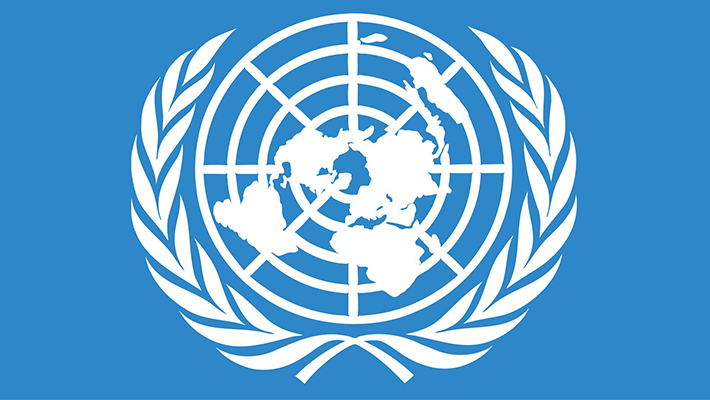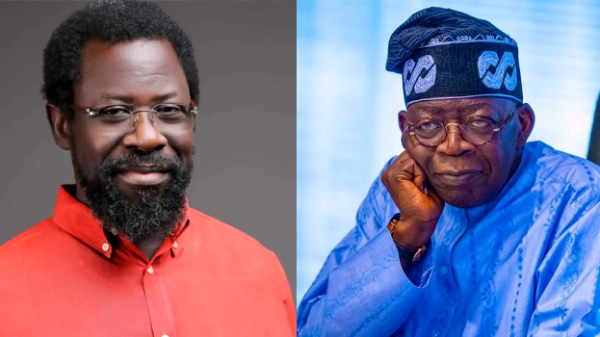Abuja, Nigeria – The United Nations has pledged its support to help the Nigerian government and businesses address human rights violations in the country. This commitment was made by Ms. Adwoa Kufor, Senior Human Rights Advisor to the UN in Nigeria, during the National Dialogue on Tackling Human Rights Issues held on Tuesday in Abuja.
Ms. Kufor emphasized the global nature of human rights violations, noting that these issues are not confined to Nigeria or Africa but are prevalent worldwide. She highlighted the critical role of responsible business conduct in mitigating these violations. “There are human rights violations everywhere, unfortunately not just in Nigeria and not just on our continent, but across the globe. Seeing human rights violations and abuses in this context, we are really looking at abuses by business operators and the need for responsible business conduct,” she stated.
Nigeria is one of the few African countries that has adopted a National Action Plan on Business and Human Rights. This plan is designed to ensure that businesses operate responsibly and do not violate human rights. “We are here to discuss how we can best support governments and business operators to ensure their businesses are conducted responsibly, and that they do not violate human rights. Also, where there are human rights violations or abuses, there are remedies for victims,” Ms. Kufor added.
Peter Makinde, Chairman of the House of Representatives Committee on Human Rights, also spoke at the event. He underscored the importance of business entities upholding human rights, citing the National Action Plan and its three pillars as essential components. He pointed out that human rights are multifaceted and crucial for the development of an equitable society. “By adhering to global standards, businesses can contribute to the protection of human rights and reap the benefits of ethical conduct,” Makinde said.
Makinde further explained that businesses in Nigeria play a pivotal role in promoting human rights, which goes beyond mere compliance with legal standards to embodying principles of ethical conduct and social responsibility. “In Nigeria, the constitution provides a legal framework that safeguards fundamental human rights, and businesses are expected to align their operations within this framework,” he said.
Ahmed Munir, Chairman of the House of Representatives Committee on Commerce, highlighted specific areas where human rights violations in businesses are most notable, such as the payment of minimum wage and the poor implementation of environmental protection policies. He warned that human rights violations within the business sector could lead to corruption and other societal problems if not addressed promptly. “Human rights violations issues are relative to corruption and can pose a more potent force to societal malady; this is why human rights should be respected in the business space,” Munir stated.
The event highlighted the urgent need for governments and businesses to take deliberate actions to address human rights issues. The UN’s commitment to support Nigeria in these efforts is a significant step toward ensuring that businesses operate within the bounds of ethical conduct and respect for human rights.
As the dialogue concluded, the emphasis remained on the collaborative efforts required to address human rights violations effectively. The hope is that with the UN’s support, Nigeria can make substantial progress in creating a business environment that respects and upholds human rights.
This pledge from the UN is seen as a critical move in the right direction, aimed at fostering a culture of respect for human rights in Nigeria’s business sector. The success of these efforts will depend on the sustained commitment of both the government and the business community to implement the necessary changes.
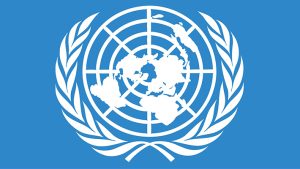 you
you






